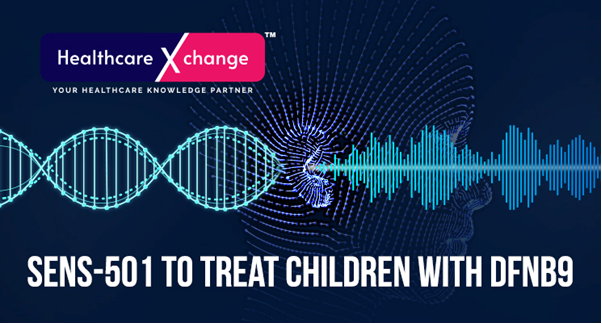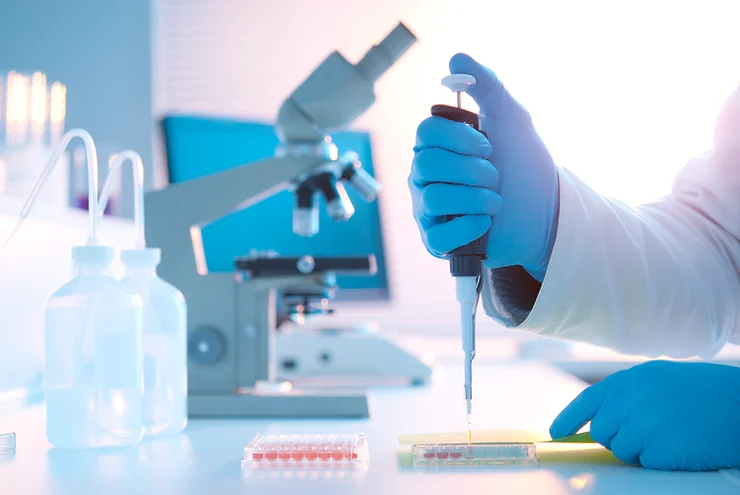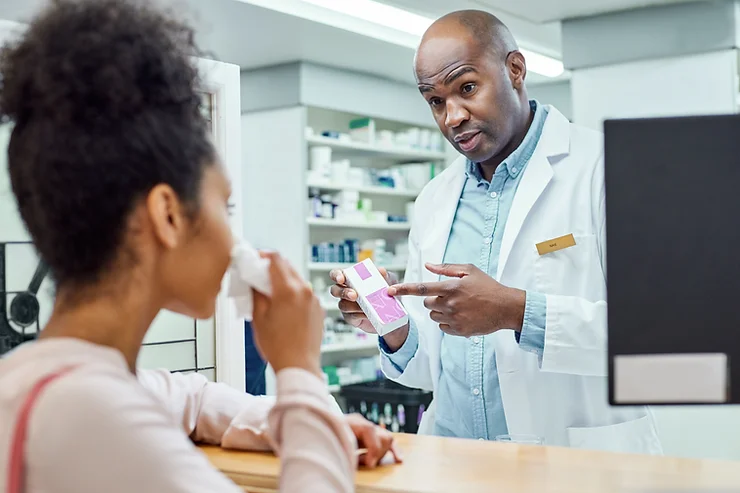
SENS-501 to treat children with DFNB9
- Imaging and diagnostics
- October 14, 2024
Highlights
-
The beginning of the Audiogene clinical study is a significant step forward for deaf children with otoferlin abnormalities, but it also gives hope to adults with hereditary deafness
-
This research was funded by the French National Research Agency, which is sponsoring the France 2030 programme RHU AUDINNOVE, ANR-18-RHUS-0007
Audiogene is the first clinical study in France to evaluate SENS-501, a gene therapy medicine produced by the biotech company Sensorion, to treat infants with DFNB9, a type of hereditary deafness caused by mutations in the OTOF gene, which produces a protein known as otoferlin. The standard therapy for this kind of hearing loss is a bilateral cochlear implant.
The treatment seeks to restore hearing. It works by inserting a normal otoferlin gene into the child’s damaged inner ear. The SENS-501 medicine is designed to treat a genetic abnormality in inner ear cells in newborns who endure hearing loss and restore inner ear cell function as well as sound.
The initial phase in the clinical study will be to test two dosages of SENS-501 to determine the appropriate dose for the remainder of the experiment.
In actuality, the SENS-501 gene therapy medicine will be administered directly into the inner ear of a kid with DFNB9 deafness. The medicine is injected into the inner ear’s circular window in the same manner as cochlear implantation surgery is performed. A top ENT surgeon will execute the surgery under general anaesthesia. The medicine will be supplied via an injectable technique created in collaboration with the firm EVEON, which allows for accurate measurement of the injected dosage while preserving the inner ear tissues.
This gene therapy for hearing loss patients with otoferlin deficiency was developed as part of the RHU AUDINNOVE project, which involved a consortium of scientists from the Hearing Institute, an Institute Pasteur Research Centre; physicians from the ENT Department and Paediatric Audiology Research Centre at Necker-Enfants Malades Hospital (AP-HP); along with Sensorion and Fondation Pour l’Audition.




